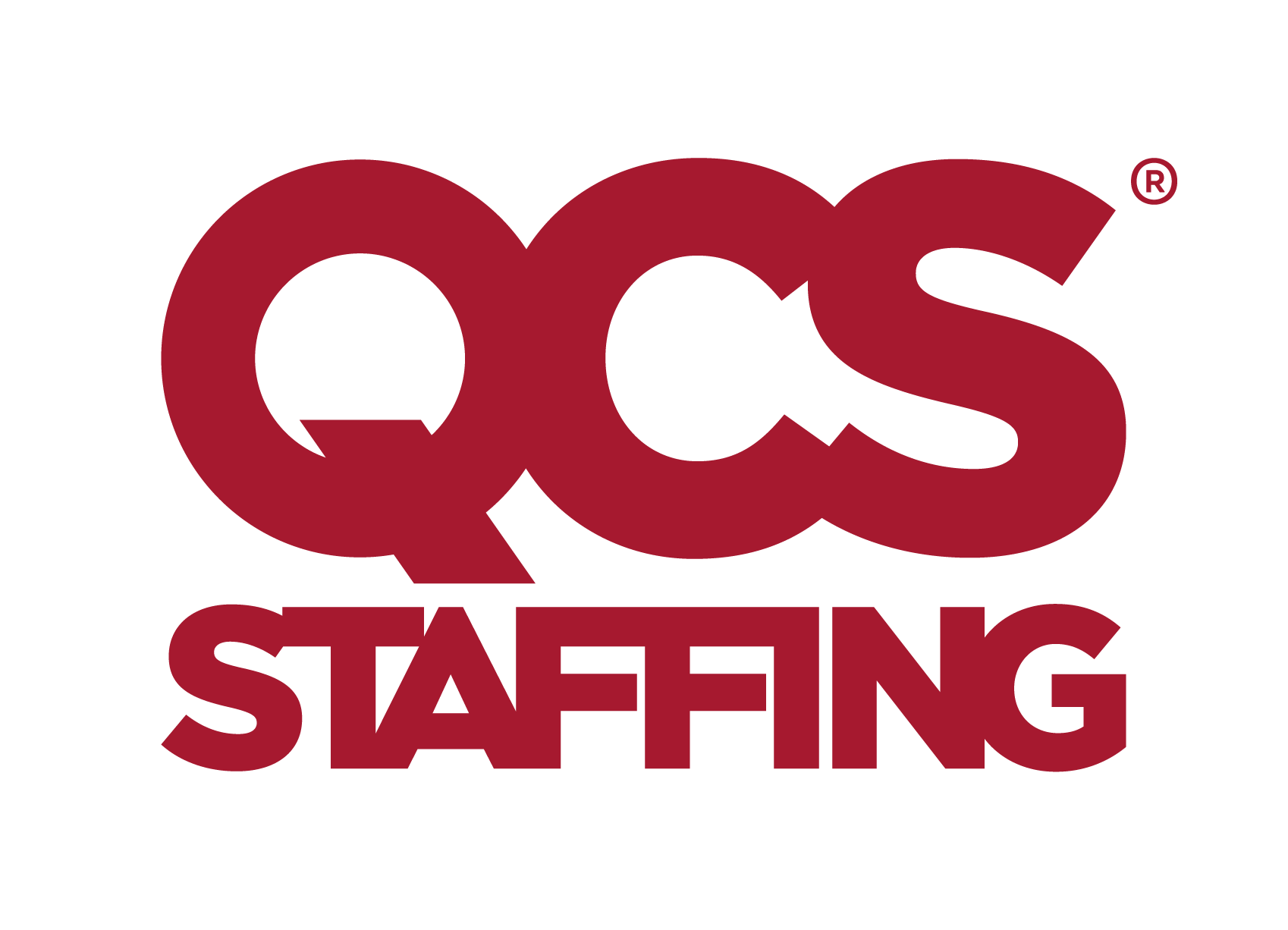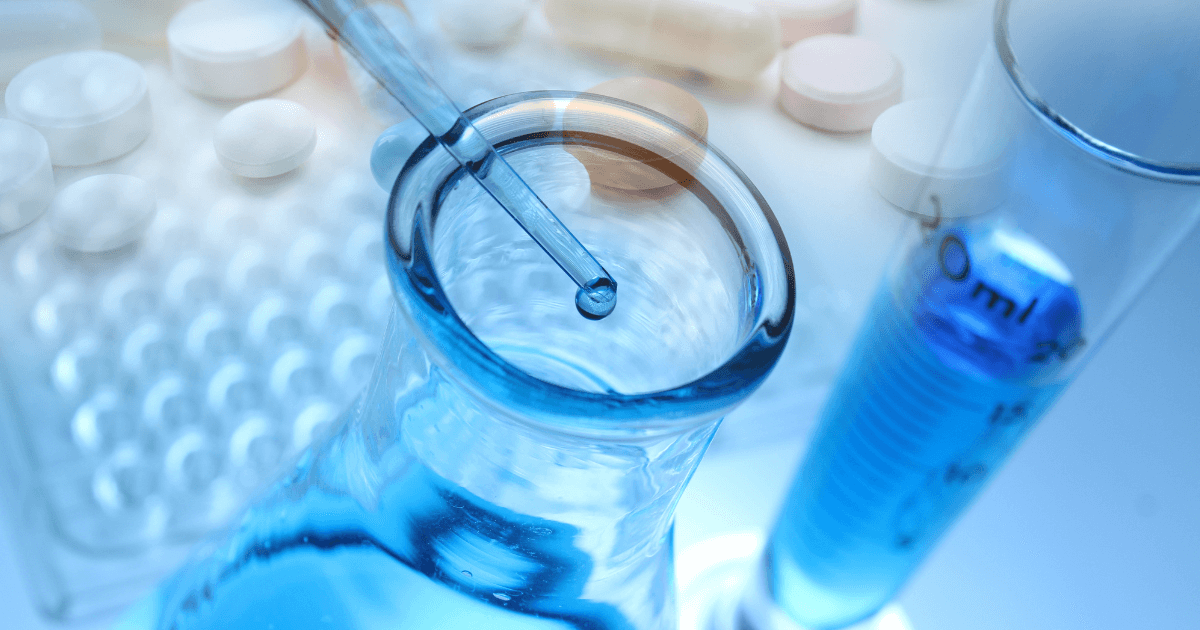What is QA QC and GMP and How are they Related?
Within manufacturing and production, especially within the pharmaceutical, food, and biotechnology industries, ensuring product quality and compliance with regulatory standards is paramount. Three critical concepts that often come into play are Quality Assurance (QA), Quality Control (QC), and Good Manufacturing Practice (GMP). Here’s a detailed exploration of what these terms mean and how they interrelate.
Understanding Quality Assurance (QA)
Quality Assurance (QA) refers to the systematic processes and procedures implemented to ensure that products meet specific requirements and are consistently produced with a high level of quality. QA is a proactive approach that focuses on preventing defects through planned and systematic activities during the development and manufacturing processes.
Key Aspects of QA:
Process Development: Designing processes that
consistently yield products meeting quality standards.
Documentation: Creating and maintaining comprehensive
records of procedures, specifications, and standards.
Training: Ensuring all personnel are properly trained
to adhere to quality standards.
Audits and Reviews: Regularly auditing processes and
reviewing performance to identify areas for improvement.
Exploring Quality
Control (QC)
Quality Control (QC) is a subset of QA that involves the
actual testing and inspection of products to identify defects or deviations
from specified standards. QC is a reactive process focused on detecting and
correcting issues in finished products before they reach the consumer. We also
explore the difference between quality control and quality assurance in a pharmaceutical setting
and the significance
of both.
Key Aspects of QC:
Inspection: Examining products at various stages of
production to ensure they meet quality specifications.
Testing: Conducting various tests, such as chemical,
physical, and microbiological tests, to verify product quality.
Sampling: Collecting samples from production batches
to perform detailed analysis.
Compliance: Ensuring that products comply with
regulatory requirements and standards.
Defining Good
Manufacturing Practice (GMP)
Good Manufacturing Practice (GMP) encompasses a set of guidelines and
regulations enforced by regulatory agencies to ensure that products are
consistently produced and controlled according to quality standards. GMP covers
all aspects of production, from raw materials to final product distribution,
aiming to minimise risks involved in pharmaceutical production.
Key Aspects of GMP:
Facility and Equipment: Ensuring that manufacturing
facilities and equipment are designed and maintained to prevent contamination
and errors.
Personnel: Training employees and maintaining hygiene
standards to prevent product contamination.
Production and Process Controls: Implementing strict
controls and documentation for each stage of the manufacturing process.
Validation and Qualification: Ensuring that
processes, equipment, and systems are capable of consistently producing quality
products.
Find your Next Pharmaceutical Role
If you are currently seeking a role in these areas, check
out our pharmaceutical jobs or submit your CV today and we will find a perfect role for you! We also have specific
pages for our Quality and Compliance roles within pharmaceuticals.




.png?v=912eceac38f06c4bc6affa02e12519c7)

